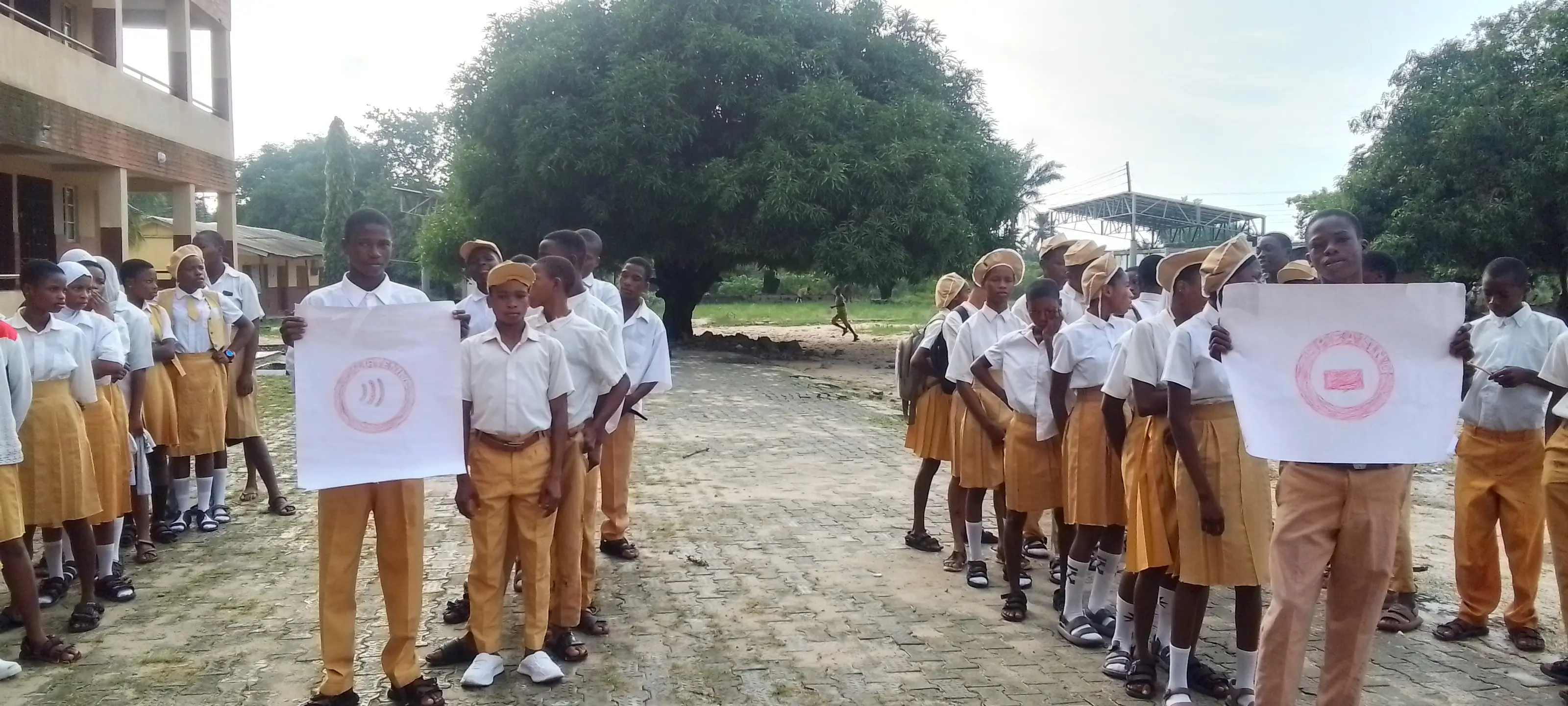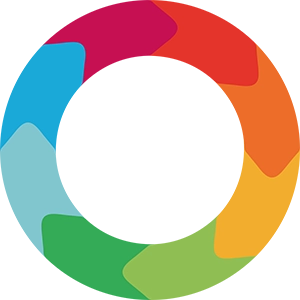This content was written by
Community Senior High School, Idata/Ilagbo
Community Senior High School, Idata/Ilagbo, is an institution located at the outskirts of Lagos state. This school is owned and run by the state government. It serves more than three of the most marginalised and uncivilised communities of Ibeju-Lekki Local Government Area of Lagos State. Our learners are ages 14 to 19.
We started the programme by engaging ten students who were members of the Students' Representative Council (SRC), and two teachers, focusing on listening skills. This programme has opened the eyes of our learners to the benefits of active listening. As they transition from one step to the other, their concentration during lessons has improved, our students now get more from school than before.
Following our registration for the next academic year with Skill Builder Partnership, we are extending the awareness of the programme to the primary schools and junior high schools in our communities. We believe that essential skills are important through education and at all ages, and getting children at these levels of their education to start thinking about developing essential skills will make the programme more effective.
We will be focusing on developing other skills. Our science teachers will focus on Problem- Solving, Creativity, and Teamwork. The English language teacher will focus on speaking.
























